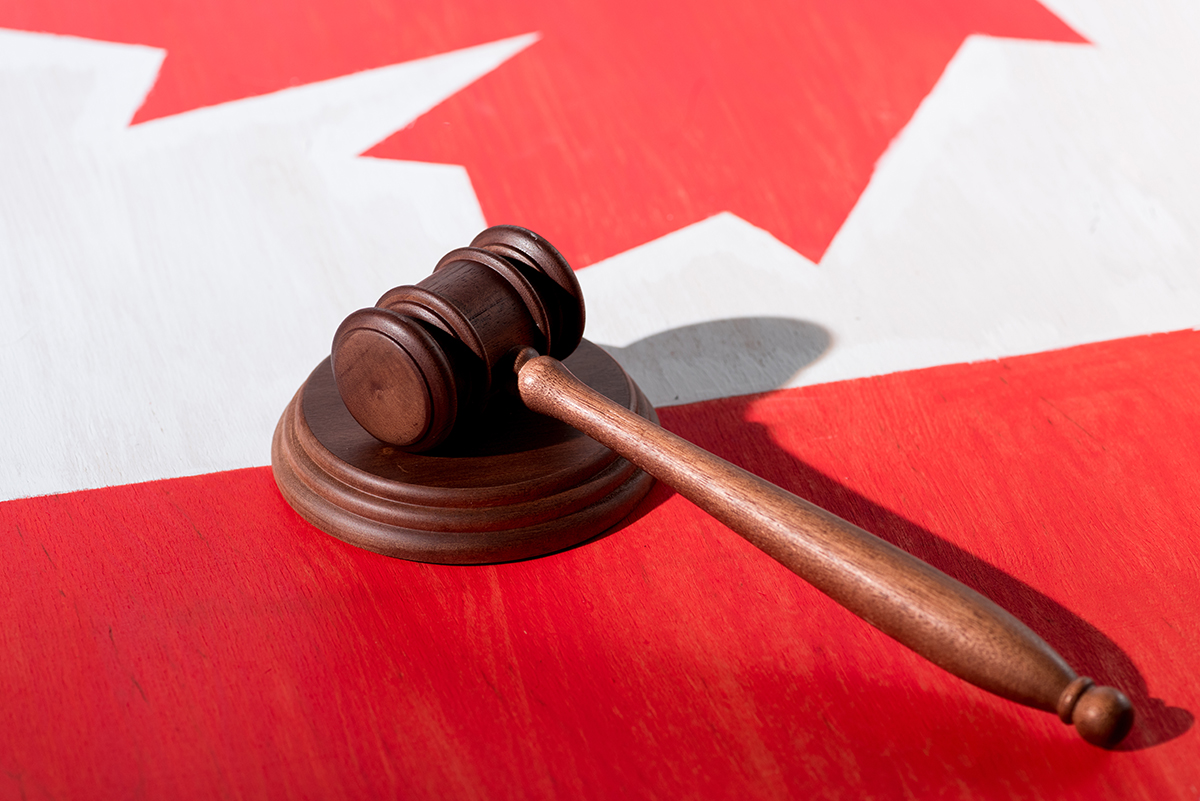Receiving a refusal on your visa or permanent residency application can feel devastating—especially when your future plans or your family’s stability are at stake. But don’t lose hope. In many cases, you have the right to challenge the decision through a formal immigration appeal in Canada.
At Kurzfeld Law Firm, we’ve spent over 20 years helping individuals and families navigate refusals and fight for their immigration rights. This guide will walk you through when and how to file an appeal, what types of decisions can be appealed, and how legal representation can make all the difference.
Types of Appeals (Visa, PR, Sponsorship)
Immigration refusals can happen for a variety of reasons—missing documents, inadmissibility, credibility concerns, or failing to meet program criteria. The good news is that some decisions can be appealed, while others must be challenged through judicial review.
Let’s break it down:
1. Sponsorship Appeals (Family Class)
If your application to sponsor a spouse, common-law partner, child, or parent is refused, you may be able to appeal to the Immigration Appeal Division (IAD).
You can appeal a sponsorship refusal if:
- You’re a Canadian citizen or permanent resident sponsoring a family member
- The application was refused by IRCC based on eligibility or admissibility (non-criminal or non-security grounds)
You cannot appeal if:
- The refusal is based on serious criminality, misrepresentation, or security concerns
2. PR Card Revocation / Residency Obligation Appeals
If you’ve lost your PR status due to failing to meet the 730-day residency requirement, you may appeal that decision.
In many cases, individuals are outside Canada for valid humanitarian or compassionate reasons and may be able to regain their PR through appeal.
3. Removal Orders
Permanent residents, refugees, or foreign nationals issued a removal order (deportation) may be eligible to appeal to the IAD—depending on the reason for removal.
4. Visa and TRV Refusals
Unfortunately, most temporary visa refusals (visitor, student, or work permits) cannot be appealed. Instead, you must seek a judicial review at the Federal Court of Canada.
The same applies to Express Entry or PR refusal appeals outside family sponsorship—there’s no formal appeal, but a Federal Court challenge may be possible if the decision was unreasonable or procedurally unfair.
Timelines and Procedures
Immigration appeals and judicial reviews are highly time-sensitive. Missing a deadline—even by one day—can result in losing your right to challenge the decision.
1. Sponsorship Appeal to the IAD
- Deadline to appeal: 30 days from the date you receive the refusal letter
- Process:
File a Notice of Appeal with the IAD
- Wait for a hearing date (can take months)
- Present your case with evidence and possibly witnesses
- The IAD may allow, dismiss, or return the case to IRCC
- Wait for a hearing date (can take months)
2. Judicial Review at the Federal Court
- Inside Canada: File within 15 days of receiving the decision
- Outside Canada: File within 60 days
- Process:
- File an Application for Leave and Judicial Review
- If leave is granted, a Federal Court hearing is scheduled
- There’s no new evidence—only a review of whether the officer made a legal or procedural error
- File an Application for Leave and Judicial Review
Tip: Federal Court does not “re-decide” your case. It only determines if the refusal was reasonable or lawful. If successful, your case may be sent back to IRCC for re-evaluation.
3. Residency Obligation or PR Revocation Appeals
- Deadline: 60 days from the decision to appeal to the IAD
- Hearing: The process may include oral testimony, documentation of compassionate grounds, and legal argument.
Common Reasons for Refusals
Some of the most common reasons people end up needing to file an immigration appeal include:
- Misrepresentation (even unintentionally leaving out information)
- Inadmissibility due to health, financial, or criminal concerns
- Doubts about genuine relationships in spousal sponsorship
- Failure to provide sufficient evidence
- Subjective decisions (e.g. visa officer believes you won’t return home)
Often, these decisions come down to how well the case was documented or how certain details were presented. A weak or unclear application can easily lead to a refusal.
Why Legal Representation Matters
Appealing an immigration decision is not just filling out forms—it’s a legal process that requires strategy, preparation, and understanding how Canadian immigration law works.
Here’s how Kurzfeld Law Firm can support you through the appeal process:
Case Assessment
We start by reviewing your refusal letter and full application record. In many cases, we can spot the weaknesses or errors that led to the denial.
Determining Your Options
We’ll tell you clearly whether your case qualifies for an appeal or if a judicial review is more appropriate. Not every case can be appealed—but we’ll explore every possible pathway.
Document Preparation
Appeals require detailed documentation and a well-structured legal argument. We help gather:
- Additional evidence
- Expert reports (if needed)
- Affidavits or statements
- Witness preparation
Representation at Hearings
We advocate on your behalf at IAD hearings or Federal Court, presenting your case with professionalism and clarity. Immigration law is complex—having a lawyer who knows the system increases your chances of success significantly.
What Happens After a Successful Appeal?
If your appeal is allowed, the immigration decision is overturned, and your application will move forward—sometimes sent back to IRCC for reconsideration.
You may still need to submit additional documents, redo medicals, or attend an interview, depending on the case. But most importantly: you’re back in the process.
Real Stories, Real Outcomes
At Kurzfeld Law Firm, we’ve helped hundreds of clients overturn refusals—including:
- A spouse wrongly accused of misrepresentation in a sponsorship case—successfully reunited with their partner after appeal
- A PR cardholder stuck abroad due to illness—won a residency obligation appeal and returned home
- A student visa applicant unfairly rejected—won judicial review, forcing IRCC to reconsider with a different officer
Every case is unique, and outcomes depend on the facts and evidence. But our experience gives us the tools to build the strongest possible argument on your behalf.
Final Thoughts
A refusal is not the end of your immigration journey—it’s a roadblock that can often be overcome with the right help. Whether you’re appealing a spousal sponsorship refusal, a permanent residency rejection, or challenging a decision through judicial review, you don’t have to go through it alone.
At Kurzfeld Law Firm, we take your situation personally. We’ll listen, guide you through your legal options, and fight to keep your immigration goals alive.
👉 Ready to act? Reach out to our team today or visit our Immigration Appeals page for more information. We’re here to help you take the next step forward—with experience, compassion, and clarity.





